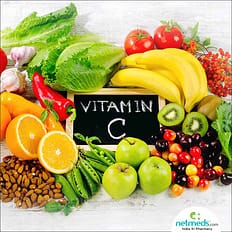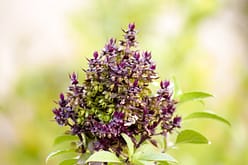Medical Fitness
Immune Up: Supporting the Body’s Natural Defenses
Immune Up: Supporting the Body’s Natural Defenses with Nutrition
Article by: Lisa Tsakos R.H.N.
Since the pandemic, protecting our health and well-being has become a top priority. We are more concerned than ever about strengthening the body’s defenses to fight off pathogens and reduce inflammation. A strong immune system acts like a natural firewall against illnesses. Good nutrition can help support the body’s immune responses. While no specific food or dietary supplement has been proven to kill viruses, including the coronavirus, certain nutrients play key roles in supporting the body’s defense mechanisms:

Vitamin A plays a critical role in enhancing immune function and may reduce the severity of respiratory infections. A deficiency in this potent antioxidant can lead to increased levels of pro-inflammatory molecules that reduce the immune system’s response. Regularly include foods rich in vitamin A (fish, butter and eggs) and beta carotene, which converts to vitamin A—sweet potato, carrots, cantaloupe, and butternut squash.


Your gut has its own immune system. This system works with the rest of your body to fight off pathogens that cause infection or disease. Your diet directly and immediately impacts the microbiome. To protect your microbiome, consume a variety of probiotic foods. These include Greek yogurt, kefir, sauerkraut, kimchi and other fermented vegetables, kombucha, tempeh and miso. When these foods are not available, take a probiotic supplement. Prebiotic foods feed healthy microbes. Add chia seed, dandelion greens, chicory root, Jerusalem artichoke, leeks, onions, garlic, asparagus and bananas to your diet.


For More Information on how you can become a Natural Nutrition Coach, NNC, and to enroll in our FREE Course Preview click HERE. The course Preview contains the first Section of our Nutrition Module that you can download and our Food Mood and Activity Journal, yours to keep!


